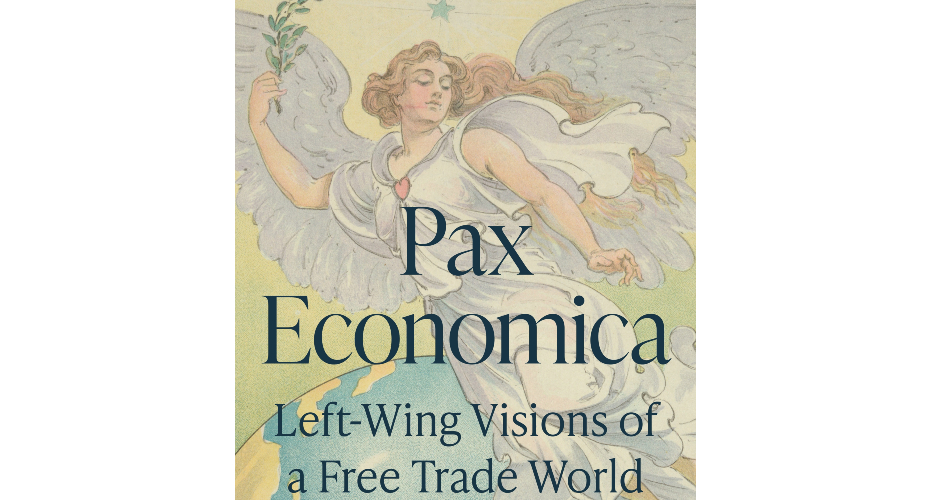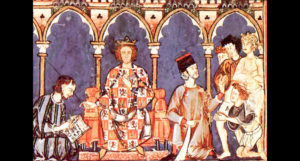Acclaimed new book turns modern economic history on its head

The leading advocates of free trade during the mid-19th-20th centuries were inspired by left-wing, anti-imperialist, feminist and pacifist motivations, according to an acclaimed new history book.
Pax Economica: Left-Wing Visions of a Free Trade World explores the theory that a desire for a more equitable, democratic, prosperous, and peaceful planet inspired left-wing groups to embrace open markets and campaign against economic protectionist policies.
In so doing, the book flips on its head the long-accepted wisdom that free trade was the product of right-wing marketeers.
The book has been written by Dr Marc Palen, a historian and Senior Lecturer at the University of Exeter. Since its US publication by Princeton University Press, it has received a string of glowing reviews in the media, including from The New Yorker and Forbes.
Over the course of six themed chapters, Pax Economica explores the background to and development of global free trade, encompassing a broad range of countries and empires including Germany, France, Spain, Russia, Japan and Turkey – as well as Britain and America.
Dr Palen finds that left-wing support for free trade originated in England during the mid-19th century in opposition to the commercial enslavement of its many colonies, and in particular the Corn Laws. What formed, he says, was a diverse coalition of socialists, Christians, feminists, peace activists and liberal radicals, all united by a shared anti-imperialist agenda. Among them was politician Richard Cobden.
“Richard Cobden is someone who has largely been forgotten in today’s schooling,” says Dr Palen. “But he was the leader of this middle-class free trade movement that sought to overturn protective tariffs on grain. But this wasn’t just about bringing down tariffs to provide cheaper food. For him, it was about capitalist peace theory – the idea that the more integrated markets become, the less likely we are to go to war with one another.”

Dr Palen began work on the book in 2015, while he was still in the final stages of writing its predecessor, The ‘Conspiracy’ of Free Trade. While undertaking research for that title, he found that many historic trade organisations based in cities such as New York and Boston had a very cosmopolitan list of officers, including prominent abolitionists, suffragists, Christian peace workers and socialist revolutionaries. It felt, he says, like a “eureka moment”.
“The archival finds included one surprise after another,” Dr Palen says. “Blinded from growing up towards the end of the Cold War, for example, I was shocked to find Marxists and capitalists working so closely together on behalf of a more interdependent economic order. Nor did I anticipate the important role that feminist internationalists played in liberalizing US and world trade between the First World War and the 1970s.”
These findings prompted Dr Palen to begin dedicated research into the subject, focusing on peace archives and archives located in the former headquarters of the book’s many free-trade-and-peace organisations. Among the many cities and locations he visited included Geneva, a source of information on the likes of the League of Nations, World Council of Churches, and International Labour Organisation; London; Philadelphia; Washington DC; and New York.
Dr Palen says that while left-wing visions of a free-trade world have faded, their legacy can be seen in supranational bodies such as the United Nations and the World Trade Organization, as well as the Fairtrade International label.
“I hope the book provides a provocative and useful counter-history to the right-wing historical narratives of free trade that have become so prevalent today,” says Dr Palen, of Exeter’s Department of Archaeology and History. “At a time when economic nationalism is on the rise – whether through Brexit, Trump’s America First policies or the impact of the pandemic on the global supply chain – it feels timely to remember that such quests for economic self-sufficiency in the past have sparked conflict and food insecurity.”
The book will be released in the UK in April. For more information, visit Princeton Press.



